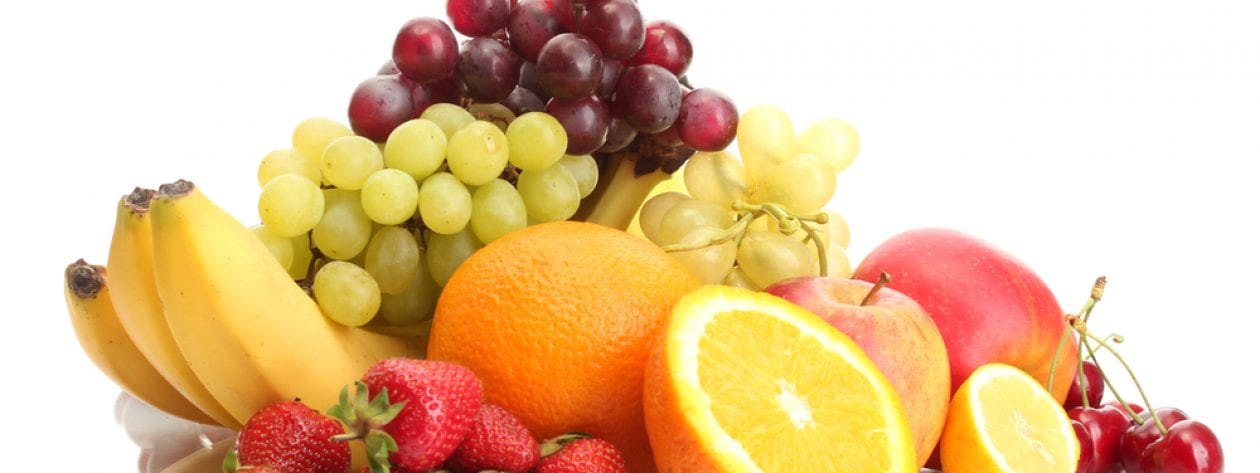
What are the benefits of becoming a vegetarian?
According to the Academy of Nutrition and Dietetics, eating a plant-based diet has been associated with positive health outcomes. The risk of becoming obese or developing heart disease and high blood pressure is reduced, and vegetarians generally consume fewer overall calories than omnivores. Vegetarian eating patterns are also associated with higher consumption of fiber, potassium, and vitamin C.
Am I at risk for a deficiency?
As long as you pay attention to your diet, you can comfortably maintain a vegetarian diet and meet all of your nutrient needs through your food! Here are some nutrients to look out for:
- Protein: Reach for eggs, black beans, nut butters, whole grains, chick peas and tofu.
- Vitamin B12: Reach for dairy products, eggs, and fortified foods such as soy milk and ready-to-eat cereals.
- Calcium: Reach for dairy items such as low-fat milk, yogurt, and cheese. If you don’t consume dairy, other food options include broccoli, beans, almonds, spinach, and kale.
- Iron: Reach for eggs, soybeans, beans, and fortified breakfast cereals. Consuming Vitamin C (citrus fruits, tomatoes) in the same meal can increase absorption of iron in your body.
- Vitamin D: Reach for eggs or fortified foods such as soy milk, cow’s milk, orange juice, and ready-to-eat cereals.
How can I get started?
The key to a healthy vegetarian diet is planning. There are a plethora of resources available online, including guides from the Academy of Nutrition and Dietetics. A great way to begin a vegetarian diet is to ease into it! Start with “Meatless Mondays” and move on from there.
Sources:
“Curious about Vegetarianism?” Academy of Nutrition and Dietetics, 2014. http://www.eatright.org/resource/food/nutrition/vegetarian-and-special-diets/curious-about-vegetarianism
“Food Sources of 5 Important Nutrients for Vegetarians.” Academy of Nutrition and Dietetics, 2015. http://www.eatright.org/resource/food/nutrition/vegetarian-and-special-diets/food-sources-of-important-nutrients-for-vegetarians
“Vegetarianism: The Basic Facts.” Academy of Nutrition and Dietetics, 2016. http://www.eatright.org/resource/food/nutrition/vegetarian-and-special-diets/vegetarianism-the-basic-facts
